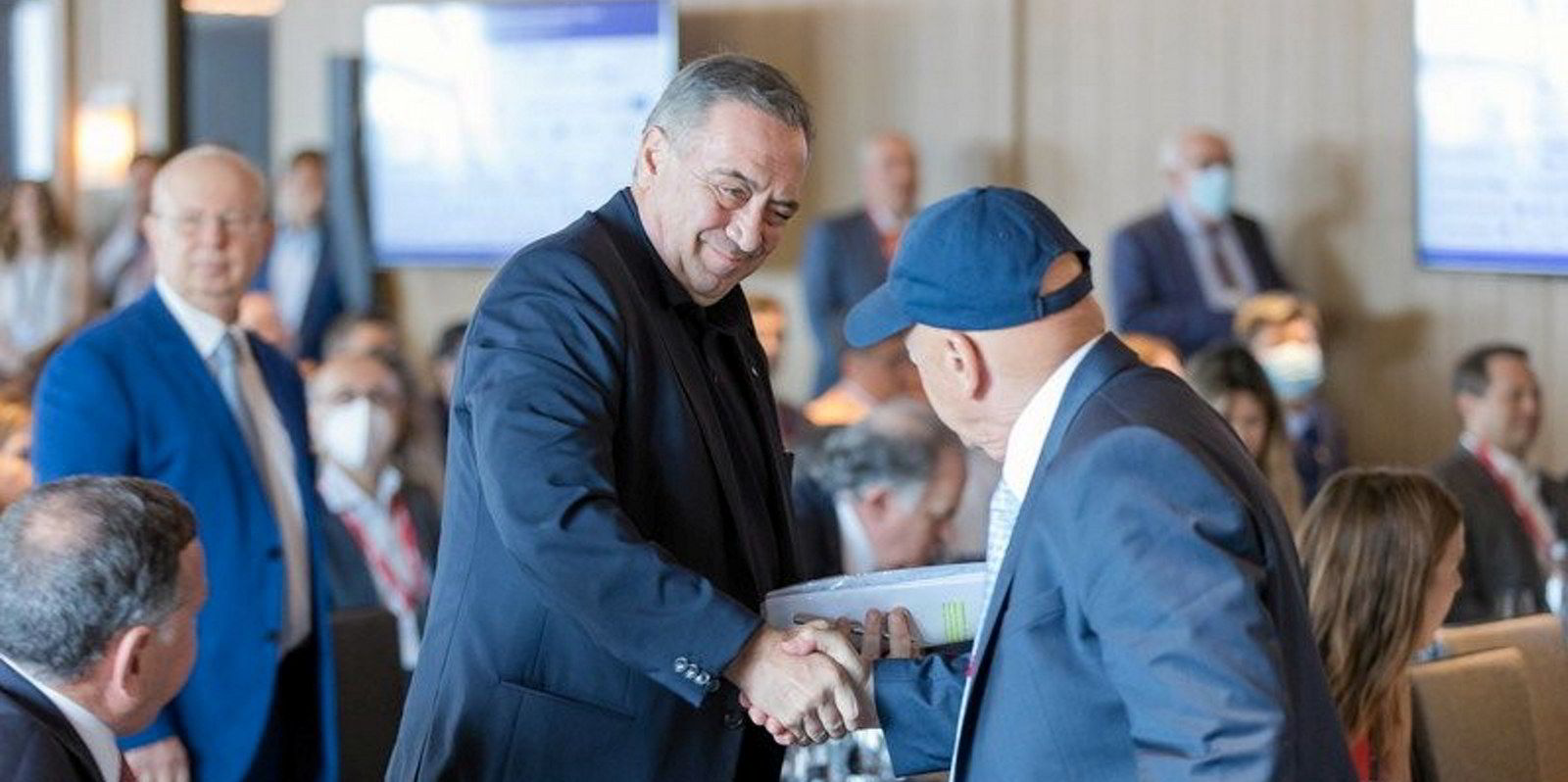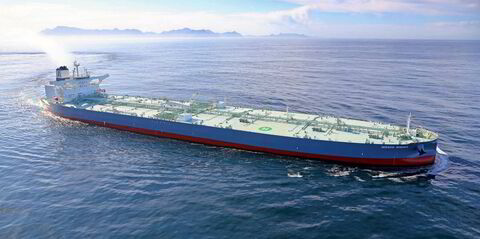A VLCC has been fixed for a three-year deal at a rate not seen in about 15 years, Nikolas Tsakos said.
The chief executive at New York-listed shipowner Tsakos Energy Navigation said the modern tanker, which he did not name, scored a charter for nearly $55,000 per day.
“This is the highest rate on a period that we’ve seen on a VLCC charter since 2008,” he said.
Tsakos said a major oil company was behind the deal.
Three-year charters of VLCCs have not been common in recent months, with the last deal of that length taking place in February at a rate of $49,000 per day, according to two shipping databases.
Clarksons Research estimated in its weekly report on Friday that a 310,000-dwt eco tanker without a scrubber could earn $44,750 per day, up from $41,750 a month earlier but still below the nearly $45,300 per day assessment in March.
Tsakos said the three-year deal comes during an “exciting period” for energy shipping, including tankers, as the supply and demand equation points to better days ahead, or at least similar strength.
“A lot of our major clients are looking to charter our ships and are chartering our ships two or three years down the road with very positive returns, plus profit sharing,” he said.
The deals emerge at a time when spot rates are anything but exciting, with Clarksons Securities estimating that average spot earnings for VLCCs stand at $35,500 per day, a 21.2% slump over the last month and a significant decline from the year-to-date average of $54,100 per day.
The Baltic Exchange assessed spot earnings in loss-making territory, at minus $4,463 per day compared to positive earnings of $10,300 per day a month ago.
“This is largely due to refineries planning their October maintenance schedules in advance, which influences chartering decisions now given the time lag between booking vessels, loading cargo and transporting cargo to end users,” Clarksons Securities analyst Frode Morkedalsaid in a daily report.
“However, there are some encouraging signs for the sector, such as strong refinery margins and an increase in Chinese crude oil prices, which now exceed both the Brent and Dubai benchmarks. As refineries prepare for the end of maintenance and begin to ramp up operations, VLCC rates are expected to rise, following the usual seasonal pattern seen in the autumn months.”
This story has been amended since publication to delete an inaccurate reference to the charter rate on a two-year contract for a Euronav vessel.




